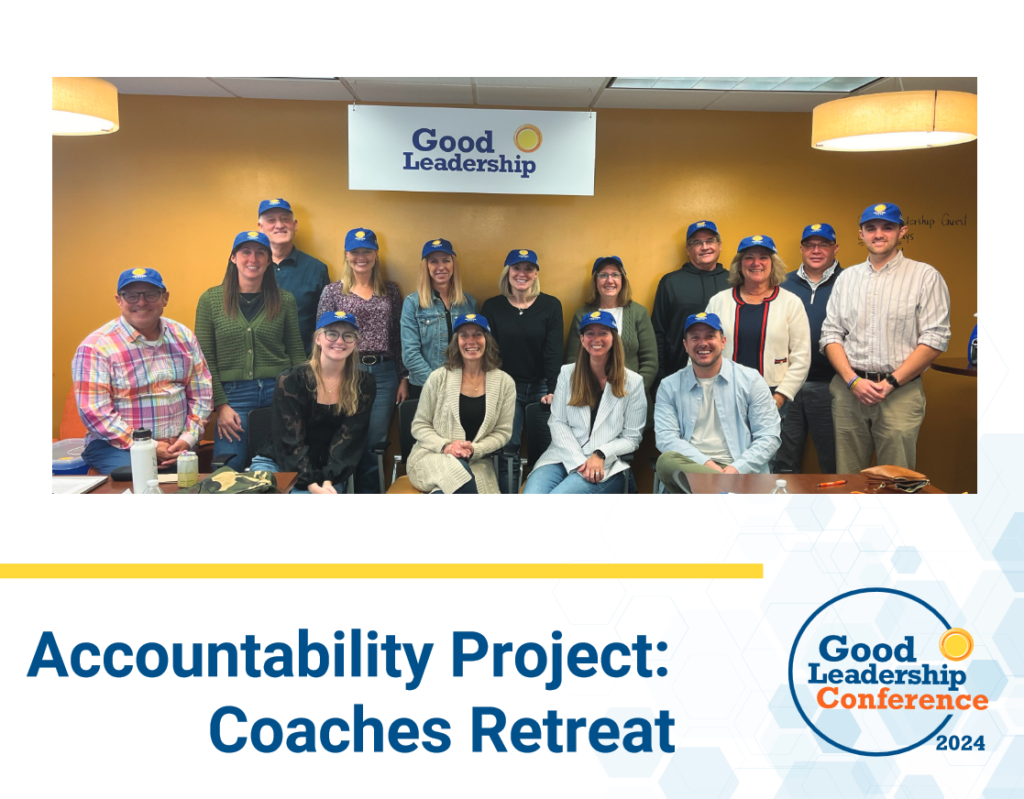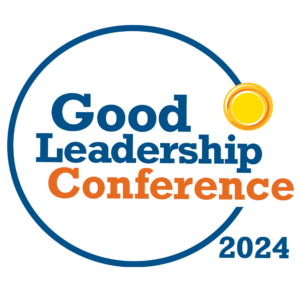

Accountability Research: A Milestone for Coaches and Clients
Paul Batz
Research now proves that healthy accountability is a foundational factor for team effectiveness. The findings from the 2024 Accountability Research Project were shared with the Good Leadership Coaches, recently marking an important moment in the journey to bring outside-in, research-based insights directly into the hands of the coaches. There was both comfort and motivation, knowing clients’ challenges around accountability are not isolated – they’re part of a broader trend that requires clarity, structure, and strong leadership role modeling.
The Three Biggest Takeaways
Consistent themes emerged during the robust conversation about the findings. Here is where most of the conversation was centered:
- Senior Executive Leadership: The role senior executives play in fostering healthy accountability was underestimated. When leaders are inconsistent in how they show up and aren’t willing to take ownership over their work, it disrupts the team’s ability to prioritize and deliver effectively. Accountability, in this sense, must be transparent and demonstrated at the top, so “taking personal ownership” becomes a natural part of the organization’s culture.
- Prioritization and Focus: A healthy team requires clear roles and specific priorities. As Good Leadership coach Nancy Weidenfeller insightfully shared, “When teams are overwhelmed with priorities, it sends the message that completing tasks is optional.” This phenomenon is seen in client organizations; constantly shifting or overloading priorities weakens accountability and confuses team members about their roles and goals.
- Connection to Business Results: The research underscored that accountability thrives when individuals can see its tangible impact on business outcomes. When a team understands that their efforts directly contribute to the organization’s success, they feel empowered to act on accountability proactively. This is where coaches can make a real difference, helping teams connect accountability to their shared mission and fostering a culture that supports accountability as a positive, ongoing practice.
Bridging Research and Practice for Client Impact
The Accountability Research Project has provided an opportunity to unite the coaching base around a shared understanding of accountability. Coaches are key to maintaining a standard of excellence with clients, and by equipping them with insights from the research, they are empowered to drive meaningful, lasting change. The conversation with the coaching community also highlighted that accountability is often misunderstood as negative feedback. The goal is to transform that perception, helping teams view accountability as an opportunity for growth and clarity, not criticism.
Looking ahead, focus will be on refining team coaching processes, enhancing leadership development programs, aligned with the findings in the research. The Good Leadership Conference on November 22 will bring these concepts to life in a powerful, interactive way, for 200 leaders in a myriad of industries.

In the words of Good Leadership coach Peter Germann, “Accountability is already woven into the goodness pays message. Encouragement, accountability, and positive teamwork are inseparable in a high-performing culture.” By embracing this truth, Good Leadership coaches are more prepared than ever to help organizations harness accountability as a force for goodness and growth.



